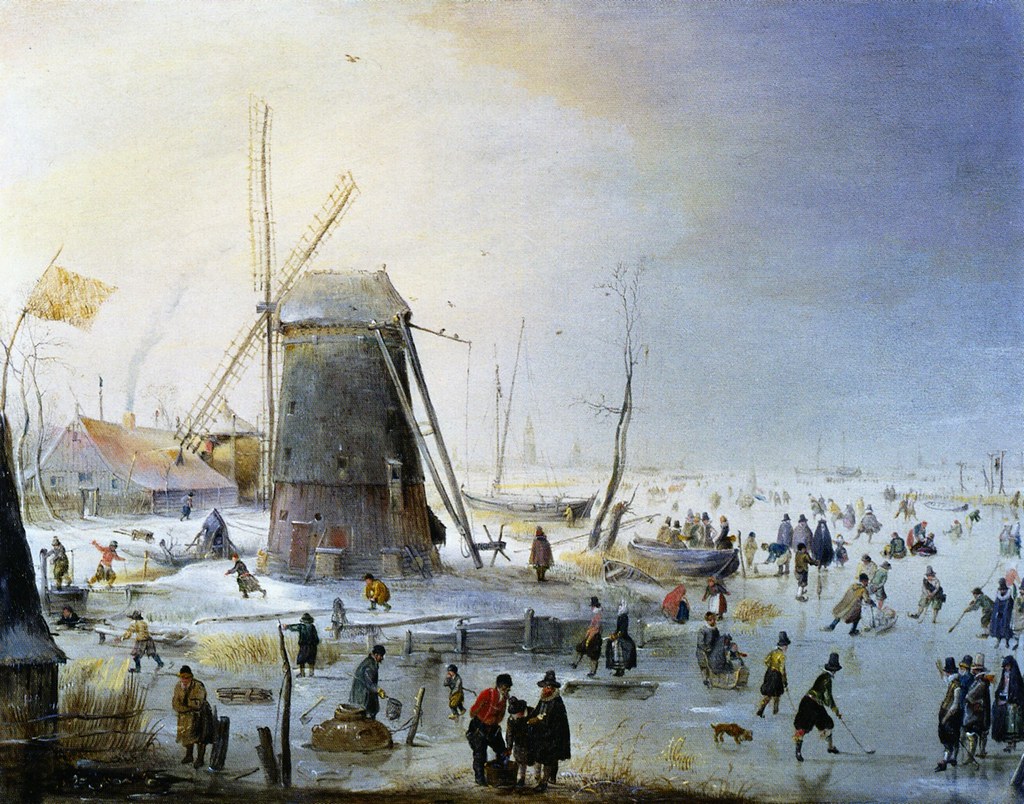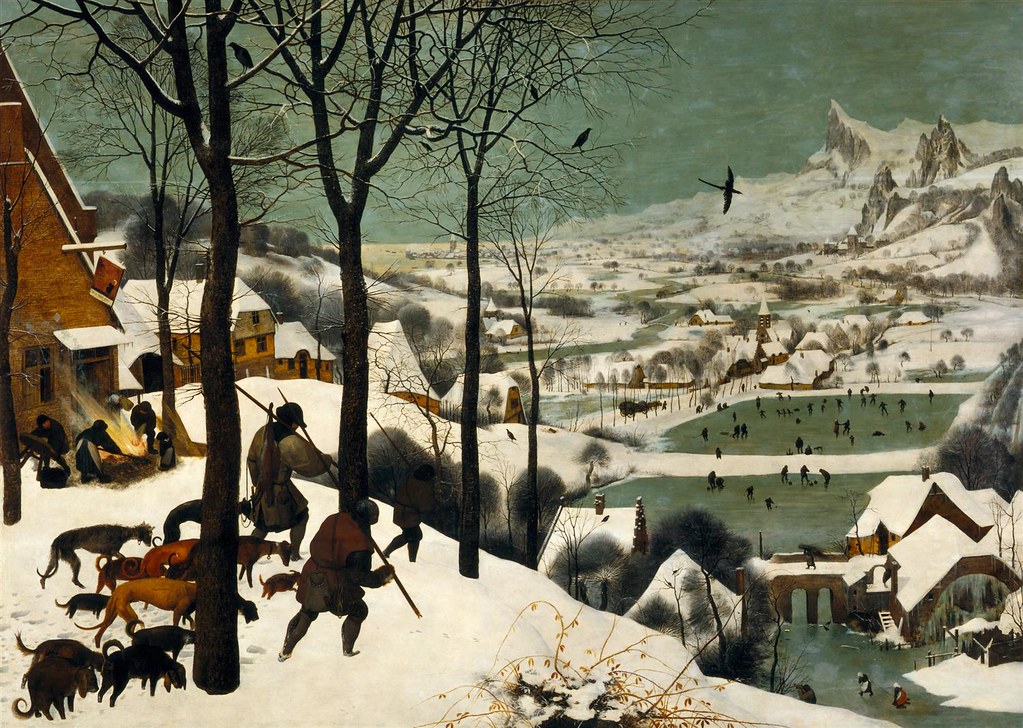Is That Nature's Cycle Re-Cycling?
"In the winter of this year was a great frost, which began a little before Christmas, and continued till about Midlent. This frost increased with such fervency of cold that all things which grew above the ground died and starved with cold, many beasts both wild and tame, died and starved with hunger, and so did great numbers of wild fowls."
"The rivers for the most part throughout all Ireland were so covered over that the people might go to and fro upon the ice as upon dry land."
Irish chronicler, 1608
"The cold was so extreme and the freeze so great and bitter, that nothing seemed like it in the memory of man."
Pierre de l'Estoile, diarist, France
"[As far south as Devon] an extreme dearth of corn happened this year, by reason of extreme frosts [as the like were never seen], the winter going before, which caused much corn to fall away."
Englishman
"You have heard before of certaine plagues, and of a Famine that hangs over our heads in the cloudes."
"Mis-fortunes are not borne alone, but like married fooles they come in couples."
"In short, it was a winter whose like was unheard of in human memory."
Dirk Vellius, Hoorn, Netherlands
 |
Winter Landscape with a Windmill by Hendrick Avercamp, c.1615 |
Nature is nature. Throughout life on this planet we call Earth, climate has gone through countless swings back and forth from undue heat to frigid cold in cycles that science has revealed through studies and research has given ample evidence of. Such as little ice ages, and periods of sweltering warmth. That sweltering warmth in our current age that will raise the average temperatures on Earth is being attributed by many within the science community to human industry producing too much carbon dioxide that hastens the heating effect.
Those swings appear to go in 500-year cycles from the fossil record. At the turn of the 17th Century Europe was in the grip of another of those cycles called the Little Ice Age following on earlier iterations. Germany saw heavy rain and flooding and when winter arrived ice prevailed, the Rhine freezing up to Cologne, the Main iced past Frankfurt. "Not only the vineyards but even the trees in warm valleys froze", wrote a contemporary.
The Venetian ambassador in France reported the presence of snow and ice and "the greatest, most extraordinary cold", while in France the Loire River froze up and ice floes choked the Rhone. The Seine was iced for two months enabling carriages to pass across. Wine in drafty old stone churches froze during communion in Paris. People perished in their hundreds from cold and hunger in French towns and cities.
Spain experienced frozen rivers, bitter cold and snowfall up to May of 1608 while Northern Italy went through one of its coldest winters of the Little Ice Age. Rains continually drenched Florence and when December arrived snow and ice throughout January and February prevailed. Ice and snow so difficult to deal with that people remained indoors in Milan while in Rome the Tiber flooded from heavy rains and lakes and rivers froze in Greece. A widespread famine struck Anatolia, followed by reports of cannibalism.
The Thames in London froze over and in 1607 ice piled up under London Bridge. Just before Christmas the river turned to solid ice from bank to bank. Shops, food stalls and parties began to break out in the middle of the river "Many fantastical experiments are dayly put in pracise, as certain youths burnt a gallon of wine upon the ice and made all passengers partakers. But the best is of an honest woman that had a great longing to have her husband get her with child upon the Thames."
 |
The Hunters in the Snow by Pieter Bruegel the Elder, 1565 |
Labels: Climate Change, Environment, History

<< Home